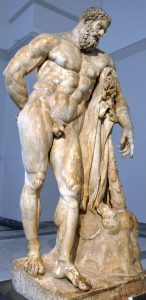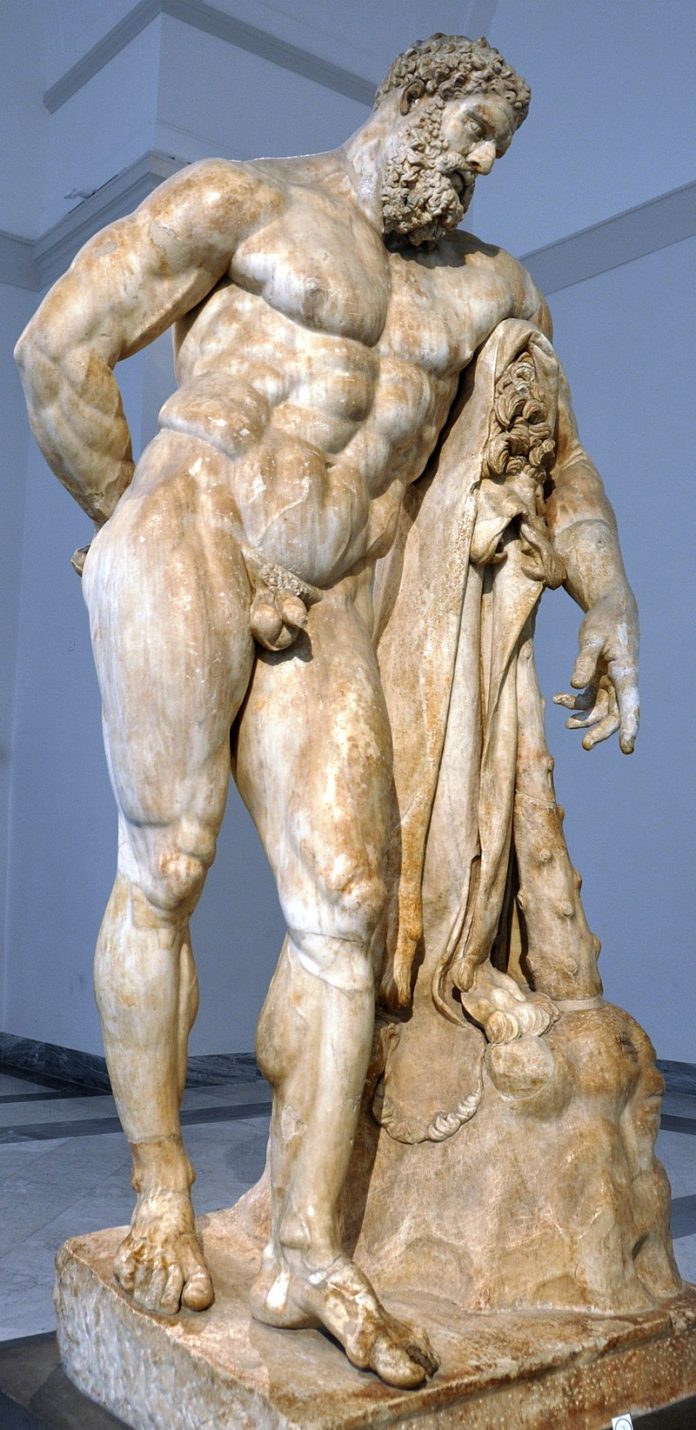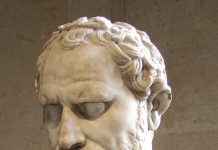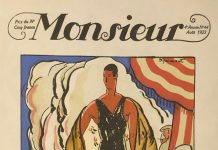Can a human become an immortal, like the gods? Or is it too dangerous to even try?
The relationship between the human and the divine in Greek poetry is the focus of study in this book by Dr. Felix Meister. He looks at both the earliest (archaic) poetry, and the much later classical period of ancient Greece.
A key example of the rhetoric of divinity can be found in the play Heracles, by Euripides. In this passage, Heracles (better known by his Roman name of Hercules), renounces his real father, the King of the Gods in this speech to Amphitryon. “But Zeus begot me as an enemy of Hera (but you, old man, do not take offense. I consider you my father instead of Zeus).” Euripides may have offended some in his audience, for what he portrayed was “Heracles’ superiority over Zeus in terms of tangible effect and moral justice.” Meister, however, does not explore what affect this play may have had on his fellow Greeks.
Euripides took less risk when he elevated another hero. In the play Iphigenia Aulidensis, “Achilles is removed from ordinary humanity and, through his divine mother, approximated to the sphere of the gods.” In both plays, human suppliants “do not distinguish strictly between human and divine” in their appeals for help or mercy.
The role of Agamemnon and his wife Clytemnestra is considered in the play Agamemnon by Aeschylus (first performed 458 BCE). Upon his return home, Agamemnon is profusely welcomed by his wife, who commands “His passage shall immediately be spread with crimson.” The proverbial red carpet treatment! although in this case it appears to be red clothes. Agamemnon issues a fiery response to her. “It is the gods whom one should honour with these things, but for a mortal to walk on beautiful garments is in no way without risk. I tell you to revere me like a man, not like a god.” Meister says Agamemnon takes alarm at this offer by his wife, “since appropriating this cultic element would seem to constitute an act of transgression that might provoke divine retribution.”
Meister takes issue with the view of most interpreters of this passage, who “assume that Clytemnestra aims at arousing divine jealousy to facilitate her impending attack” on her husband. Rather, he believes her intentions are more subtle, which makes sense to me as the Greek audience was quite sophisticated and would hardly be impressed with such a blatant overture by the wily wife. Meister concludes “she seems to aim at instilling in Agamemnon a sense of godlike power and control, which may lead to overconfidence and carelessness and diminish any suspicion that he may have against Clytemnestra.”
In a study of the poem known as Isthmian 4 by Pindar (around 460 BCE), Meister gets to the heart of the matter by discriminating two types of divinity. In this poem he notes the paradigm of Ajax “as it presents immortality in song as the only form of immortality available to humans. The paradigm of Heracles, in contrast, illustrates a mortal who attained actual immortality.” It is widely accepted that the “paradigm of Heracles undermines and replaces the paradigm of Ajax,” thus giving an athlete who celebrates a victory in the poem “hope not only for metaphorical immortality in song but also for literal immortality in cult.” Here again Meister contradicts this established scholarship with sound and convincing argumentation. He identifies the form of divinity represented by Heracles feasting on Olympus as only its qualitative aspect, which is divine bliss. “The paradigm of Ajax represents, conversely, the quantitative aspect of divinity to the exclusion of its qualitative aspect. In song, the name of the victor may live on forever, but the victor himself has to die.”
Through the guise of these heroes – Achilles, Agamemnon, Ajax, Heracles – we can grasp the multi-valent personification of the human/divine dichotomy in Greek poetry. Meister does a superb job of exploring both the rhetoric and aspects of divinity used to portray this.
Felix J. Meister studied Classics at the University of Leipzig and the University of Oxford, where he received his DPhil in 2015. He has worked as a Research Assistant at the University of Cologne since 2014.
Greek Praise Poetry and the Rhetoric of Divinity is $80 from Oxford University Press.














